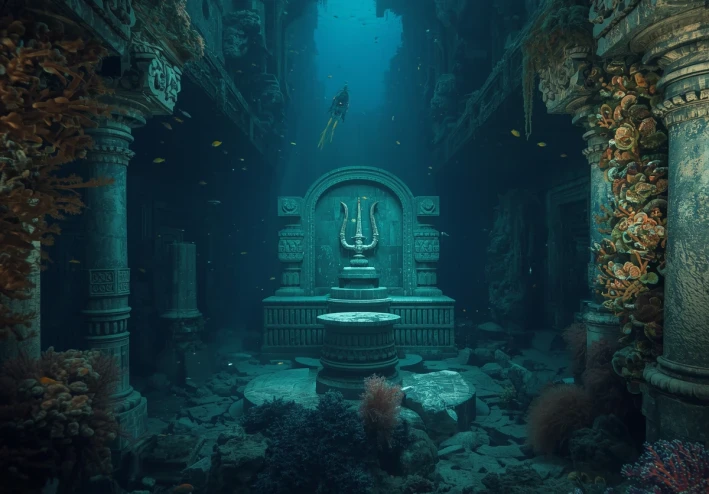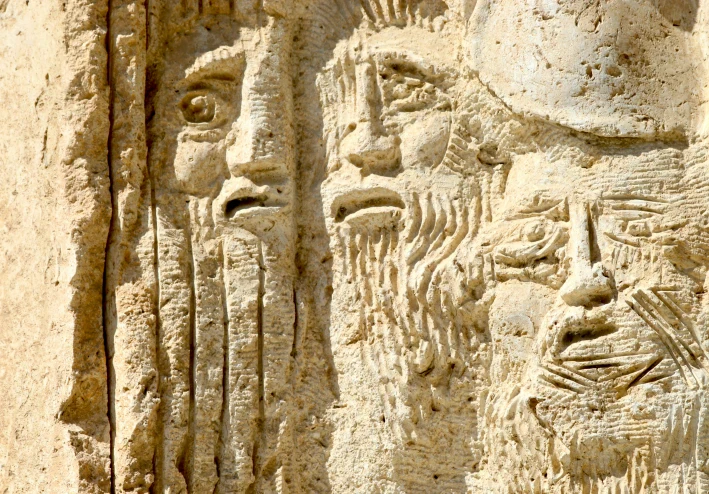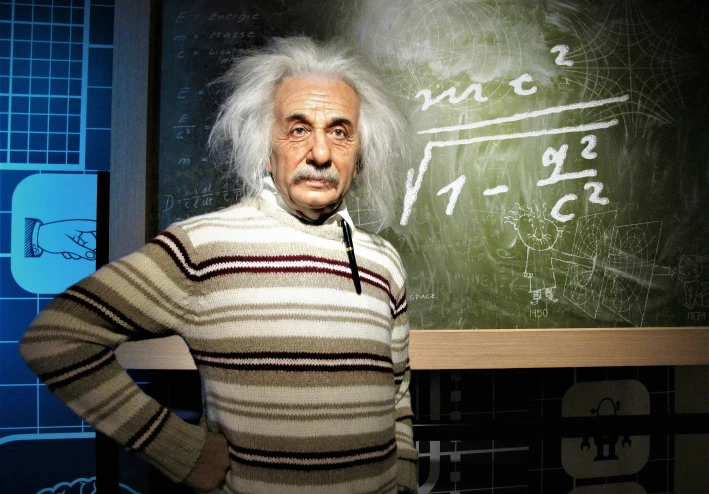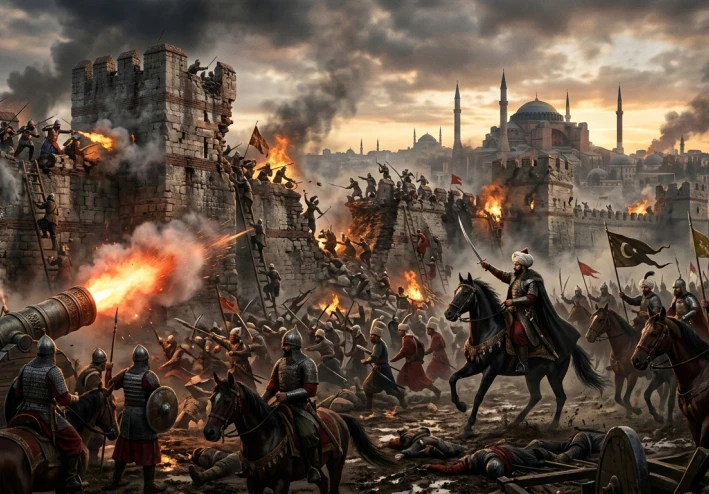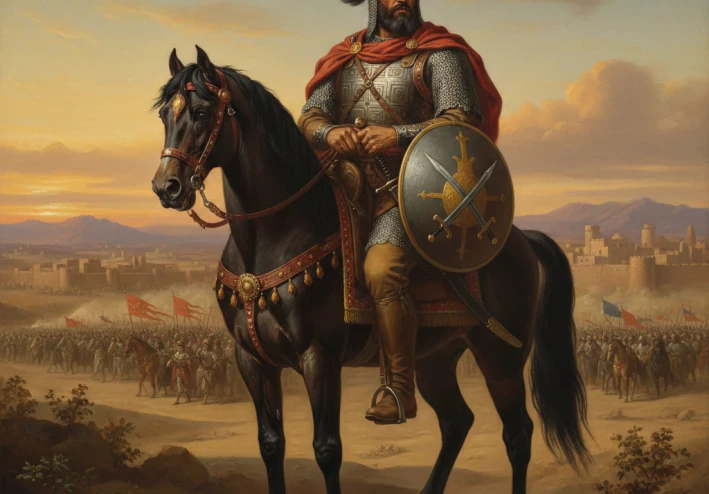Prologue – The Whisper Beneath the Waves
The Atlantic was restless that night. A curtain of dark clouds rolled across the sky, swallowing the moonlight. The research vessel Aurora pitched and groaned as waves slammed against its steel hull.
Dr. Elias Carter, his jacket soaked with spray, leaned against the railing. Salt stung his lips, but his gaze was fixed on the black waters below. Somewhere beneath this endless expanse, he believed, lay the ruins of a civilization older than any known to history—Atlantis.
It had been more than twenty years since he first stumbled across Plato’s Timaeus and Critias—ancient dialogues written in 360 BC that described an island empire “beyond the Pillars of Hercules” (now the Strait of Gibraltar). A utopia of advanced engineering and unmatched wealth, destroyed in a single day and night by the fury of the gods.
Scholars dismissed the tale as allegory. A moral warning wrapped in myth. But Carter had never been able to shake the feeling that somewhere out there, beneath thousands of feet of water, lay a truth the world had forgotten.
Hours earlier, their sonar had lit up with something extraordinary: a massive rectangular formation on the seabed, nearly the size of two football fields, aligned perfectly with the cardinal points. Nature did not build such precision.
Lightning split the night sky, painting the ocean silver for a heartbeat. Carter’s lips curled into a faint smile.
“If this is what I think it is,” he whispered, “history will never be the same.”
Chapter One – The Birth of a Legend
Atlantis first came to the world’s attention through Plato. He claimed the story was passed to him by Solon, an Athenian statesman who had learned it from Egyptian priests.
According to the account, Atlantis was a massive island—larger than Libya and Asia combined—situated beyond the known world. Its land was divided into concentric rings of sea and land, connected by grand bridges and canals. At its center rose a hill crowned with a glittering temple to Poseidon, the god of the sea.
The city shone with white, black, and red stones, walls plated in precious metals, and docks filled with ships from across the world. Atlanteans harnessed the power of hot and cold springs, irrigated vast fields, and bred animals in numbers beyond imagining.
But their true greatness was in their minds. They studied the heavens, mastered architecture, and designed machines far beyond the understanding of other civilizations.
Yet with prosperity came arrogance. The Atlanteans, once just and noble, began to crave domination. Their armies marched across Europe and Africa, conquering all in their path—until they reached Athens. There, according to Plato, they were stopped.
It was then that the gods’ patience ended. In a single terrible day, earthquakes tore through the land. The sea rose like a living wall, and Atlantis sank beneath the waves.
Chapter Two – A Modern Obsession
Dr. Elias Carter’s fascination with Atlantis was more than academic—it was personal. His grandfather, a sailor, had told him stories of “sunken cities” and “lights beneath the water” in the mid-Atlantic. Carter had dismissed them as bedtime tales—until he read Plato.
For decades, he collected clues:
Ancient maps showing islands that no longer exist.
Strange artifacts recovered from the ocean, their style unlike any known culture.
Geological anomalies suggesting massive landmasses once stood where now there was only sea.
His colleagues called it a fool’s chase. But tonight, the sonar image in Aurora’s control room was undeniable. Straight lines. Perfect angles. A structure large enough to be a city.
Around him, his team worked in tense silence:
Sofia Morales, the Spanish archaeologist whose skill with ancient symbols had solved more than one puzzle in Carter’s expeditions.
Marcus Hale, an ex-Navy diver who had faced everything from hostile waters to sharks twice his size.
Dr. Mei Ling, an oceanographer whose mathematical models had brought them to this exact spot.
“This structure is man-made,” Sofia said quietly. “Or I swear I’ll never touch an artifact again.”
Carter’s voice was steady, but his pulse was racing. “Prep the submersible. We dive at dawn.”
Chapter Three – Into the Deep
At sunrise, the Nereid, a small yellow submersible, slid into the water. Carter, Sofia, and Marcus climbed inside, sealed the hatch, and began their descent.
The light faded quickly. The ocean shifted from blue to black, pressing against their vessel like a living thing.
Their floodlights cut narrow beams through the darkness, illuminating drifting plankton and the occasional shadow of a fish. Then, shapes emerged—stone blocks, each the size of a car, perfectly cut and stacked in orderly rows.
Marcus’s voice cracked over the radio. “That’s… that’s a street.”
They moved deeper, past broken columns etched with strange symbols. Carter brushed away centuries of silt to reveal a carving: a trident encircled by concentric rings.
“Poseidon’s mark,” he breathed. “Exactly as Plato described.”
---
Chapter Four – The City of the Sea God
They explored further. The ruins stretched for hundreds of meters—arched gateways, toppled statues, remnants of vast plazas.
Sofia pointed to a wall carving depicting ships with sails unlike any seen in history. “They had technology we can’t even place in a timeline,” she said.
In one corner, Marcus found a massive stone doorway half-buried in sand. Beyond it lay a collapsed hall, its floor inlaid with colored stones forming a map of the island—rings of land and sea radiating from a central point.
Carter’s voice trembled. “We’re standing inside their temple district. This… this is the heart of Atlantis.”
Chapter Five – The Day the Sea Rose
The air in the submersible seemed to grow heavy as Carter imagined the city in its prime. White walls gleaming in the sun. Merchants trading goods from distant lands. Children laughing in the markets. Priests offering sacrifices to Poseidon in the great temple.
And then, the day of ruin. The ground shuddering beneath their feet. Buildings collapsing like toys. The sea roaring in from all sides. Families running, screaming, praying to gods who no longer listened.
The waves rose higher, swallowing streets, plazas, and temples. In hours, a civilization centuries in the making was gone.
Chapter Six – Proof and Consequence
Back on the surface, the Aurora was alive with excitement and chaos. Data poured in—photographs, sonar scans, samples.
But Carter knew the battle ahead. Scholars would demand proof. Governments would claim ownership. Treasure hunters would circle like sharks.
Sofia placed a hand on his shoulder. “You’ve done it, Elias. You’ve found them.”
He looked out over the water, his expression unreadable. “No,” he said softly. “We’ve only begun to wake them.”

